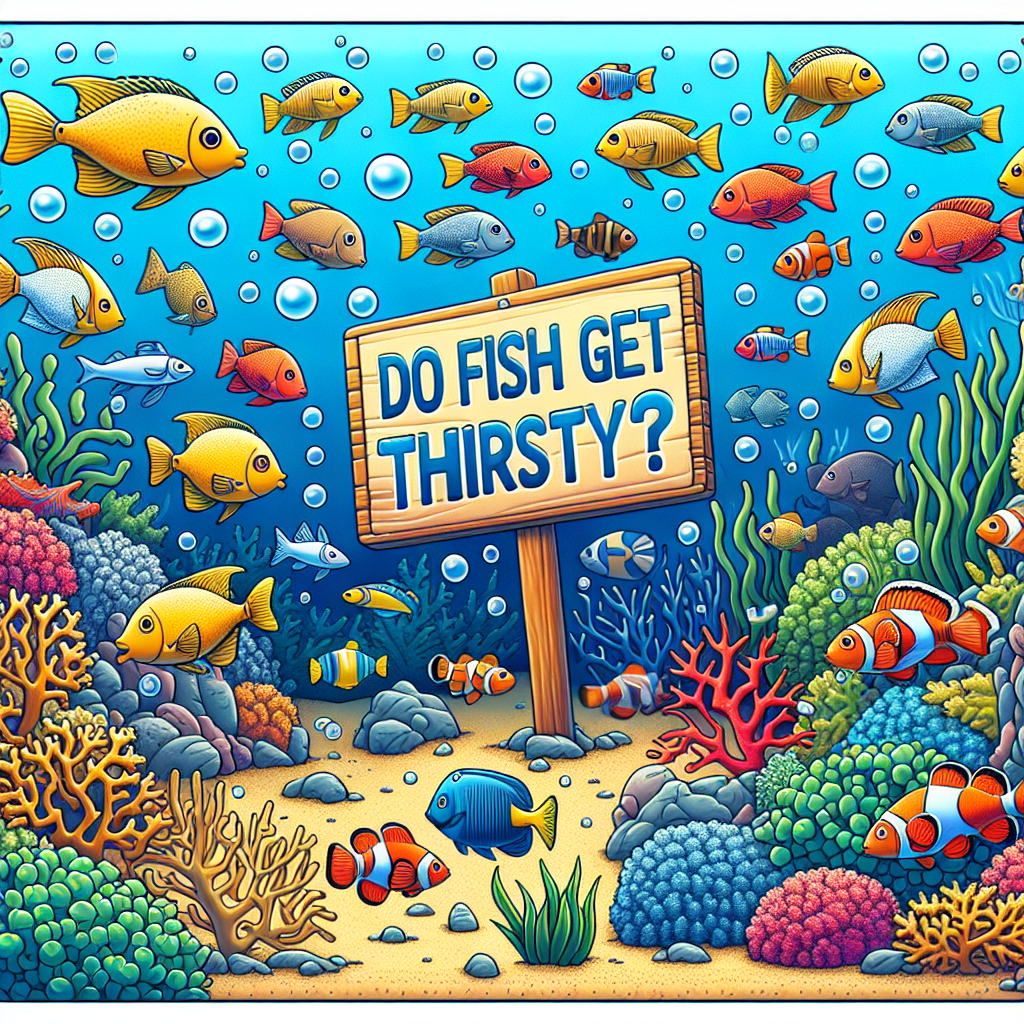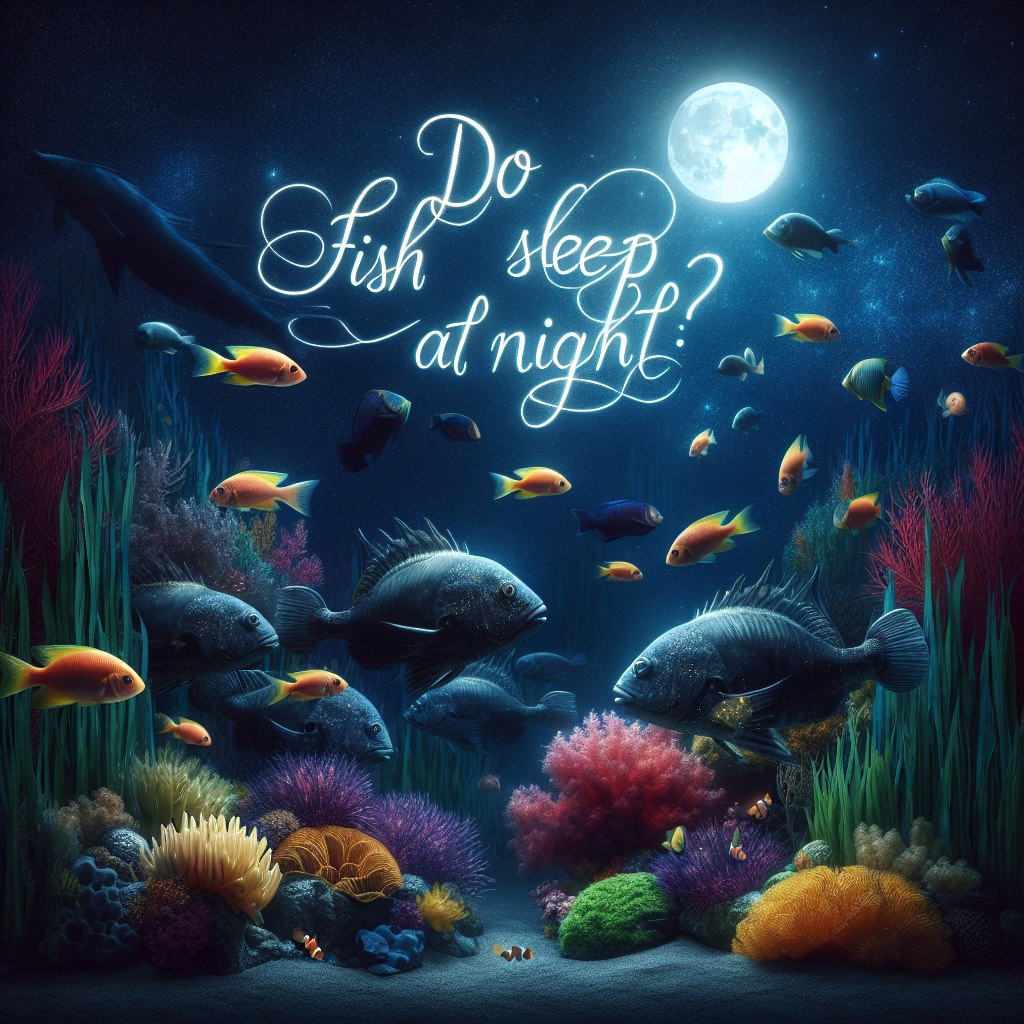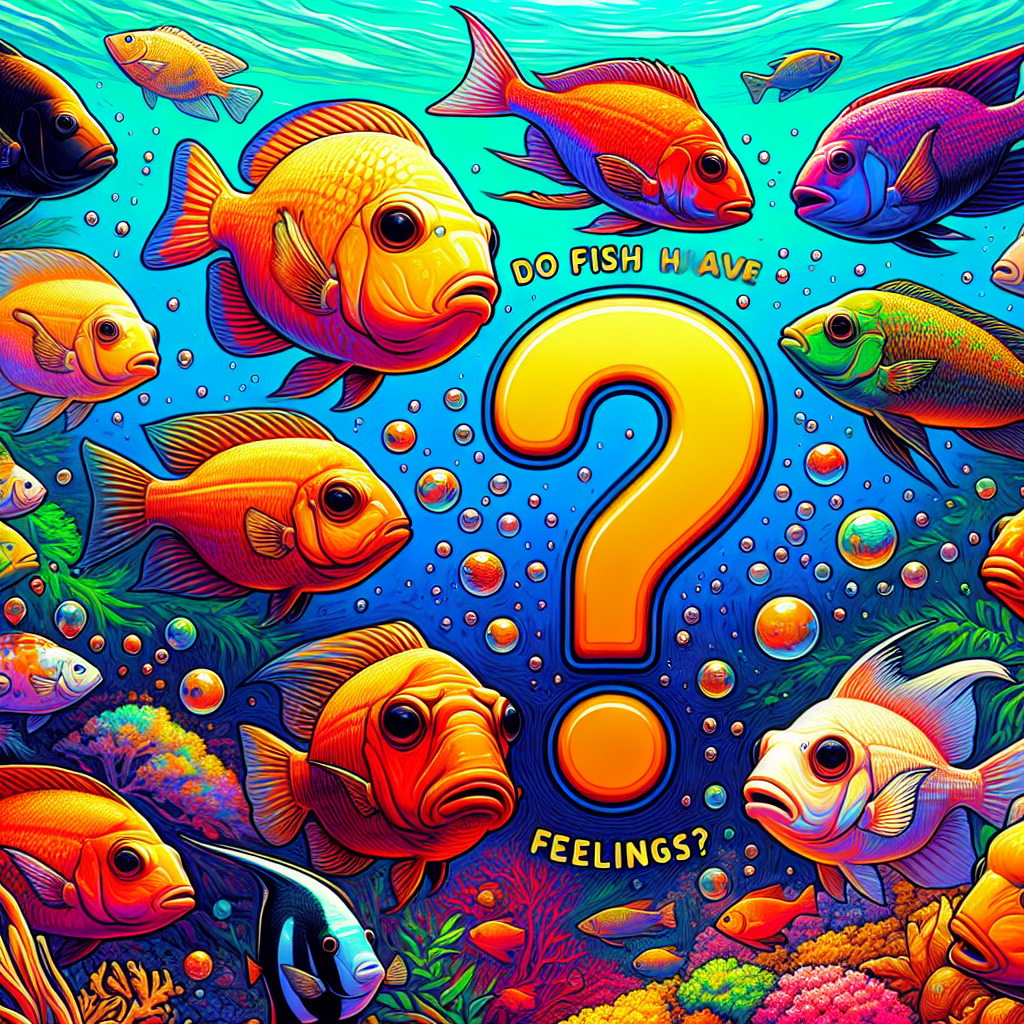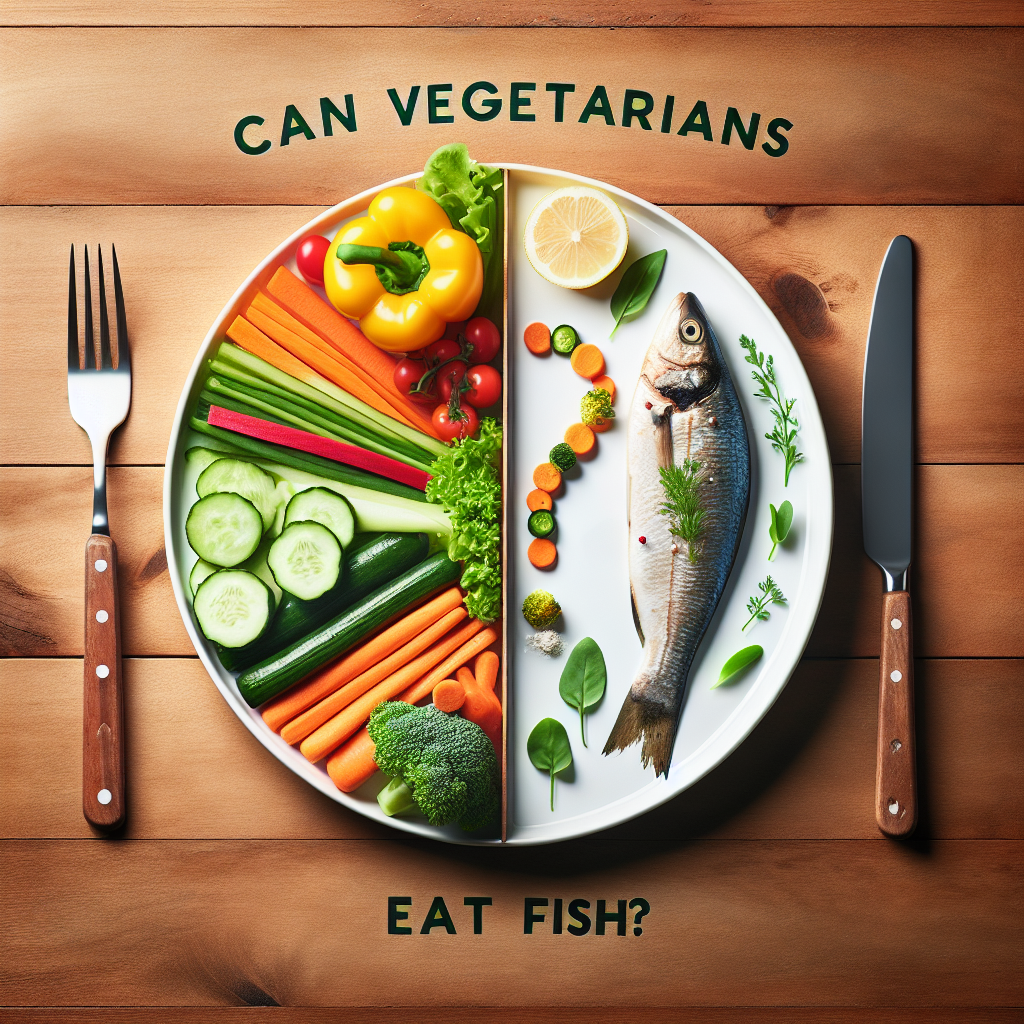Do Fish Get Thirsty? Understanding Hydration in Aquatic Life
When we think about thirst, our minds often picture a parched human or animal in need of water. However, the concept of thirst takes on a different meaning in the underwater world. Fish and other aquatic creatures have unique ways of managing hydration, leading to an interesting question: do fish get thirsty?
The Physiology of Fish
To understand whether fish experience thirst, it’s essential to look at their anatomy and physiology. Fish are mostly made up of water—about 60-80%—and they live in environments where they are constantly surrounded by water. However, the way fish regulate their hydration differs significantly from land animals.
Fish can be classified into two main categories based on their habitat: freshwater and saltwater. Each type has different strategies for maintaining osmotic balance, which is vital for their survival.
-
Freshwater Fish:
- Freshwater fish live in an environment where the water concentration is higher outside their bodies than inside. To balance this, they constantly absorb water through their skin and gills. They excrete dilute urine, helping to maintain their internal balance of salts.
- Because they are always gaining water, freshwater fish do not experience thirst in the same way we do.
- Saltwater Fish:
- In contrast, saltwater fish face a more challenging situation. The salinity of ocean water is higher than that inside their bodies, which causes water to flow out of their cells. To counteract this, saltwater fish must actively drink seawater and extract the necessary salt through specialized cells in their gills.
- While saltwater fish need to drink to stay hydrated, it isn’t appropriate to say they feel “thirst” in a human sense; rather, they have developed physiological mechanisms to cope with their saline environment.
Behavioral Adaptations
Fish do exhibit behaviors that might resemble thirst. For instance, a saltwater fish may be observed gulping down seawater. This behavior is not generated by a sensation of thirst but is a necessary response to their environment.
Moreover, certain fish species can alter their hydration strategies based on habitat changes. For example, if a freshwater fish is introduced to saltwater, it will begin to drink more frequently to adapt to the new salinity levels.
Myths and Misconceptions
The idea that fish get thirsty is more myth than reality. Fish do not have a thirst response triggered by dehydration like mammals do. Instead, their bodies naturally balance hydration through behavioral and physiological adaptations unique to their environments.
Conclusion
While fish don’t get “thirsty” in the conventional sense, they have evolved remarkable strategies for managing hydration, tailored to the unique challenges of their environments. Understanding these mechanisms not only helps to clarify the life of fish but also sheds light on the incredible diversity of life in our oceans and waterways.
So, the next time you ponder whether your goldfish is feeling thirsty, you can rest assured that it is quite content in its watery world, expertly navigating its aquatic life without the need for sips of water.




